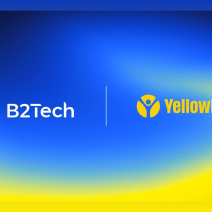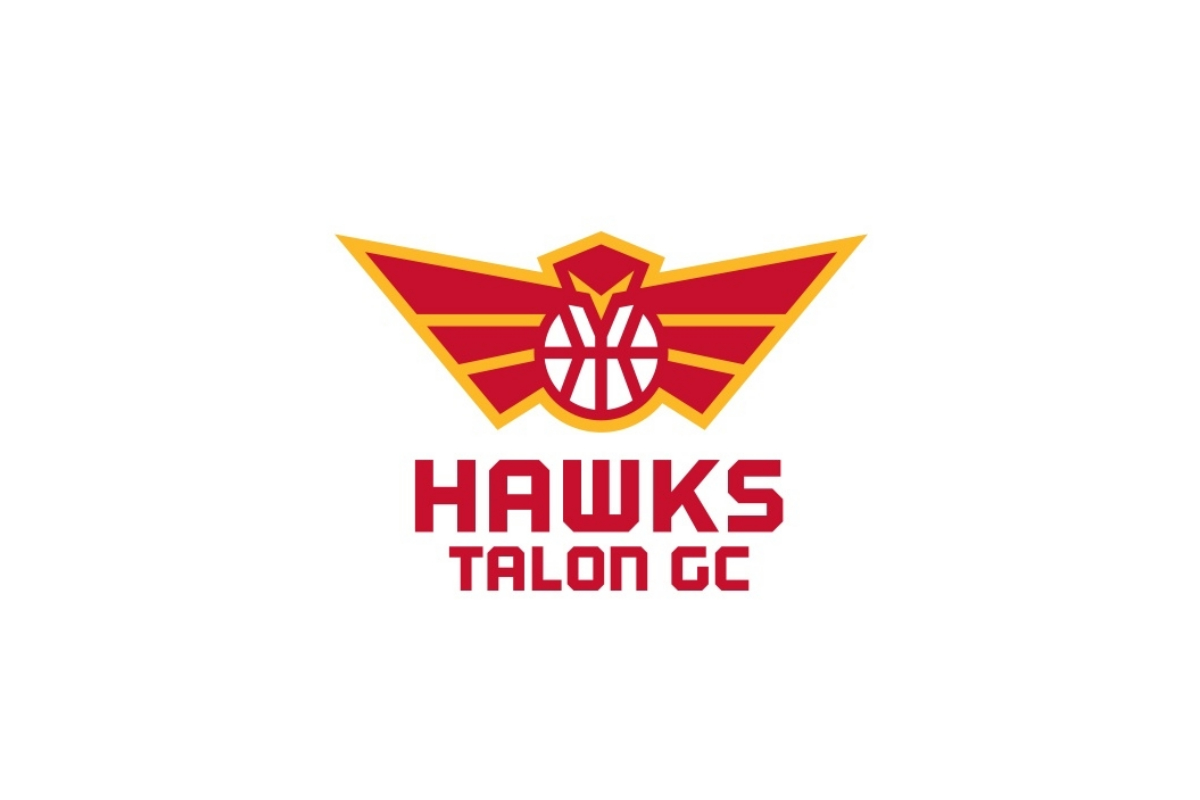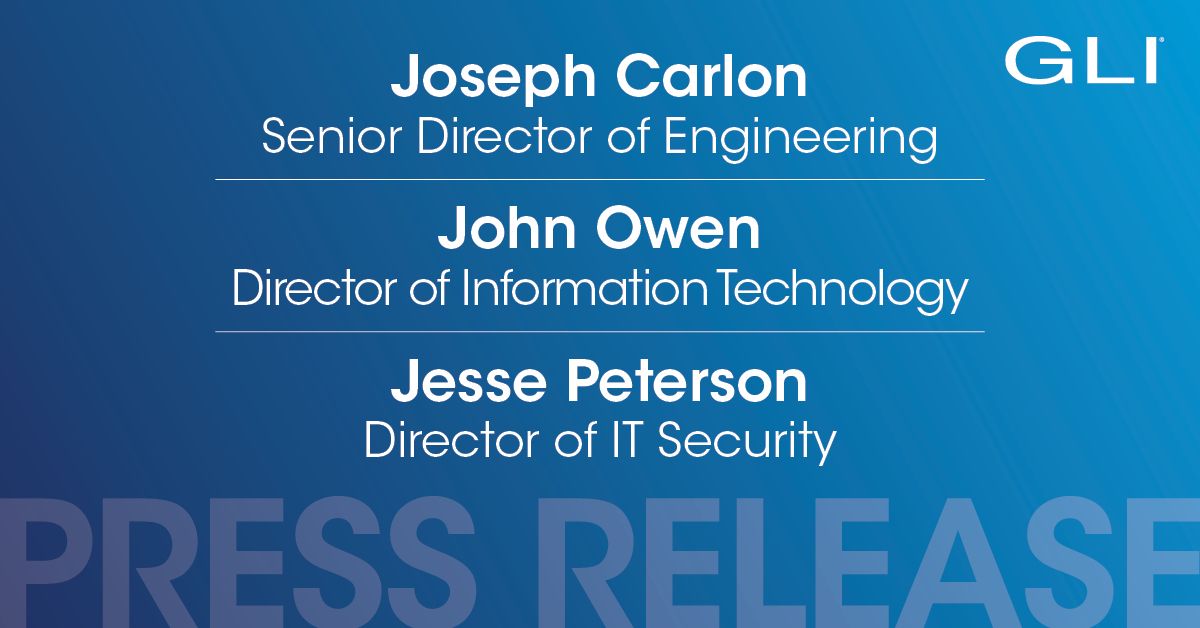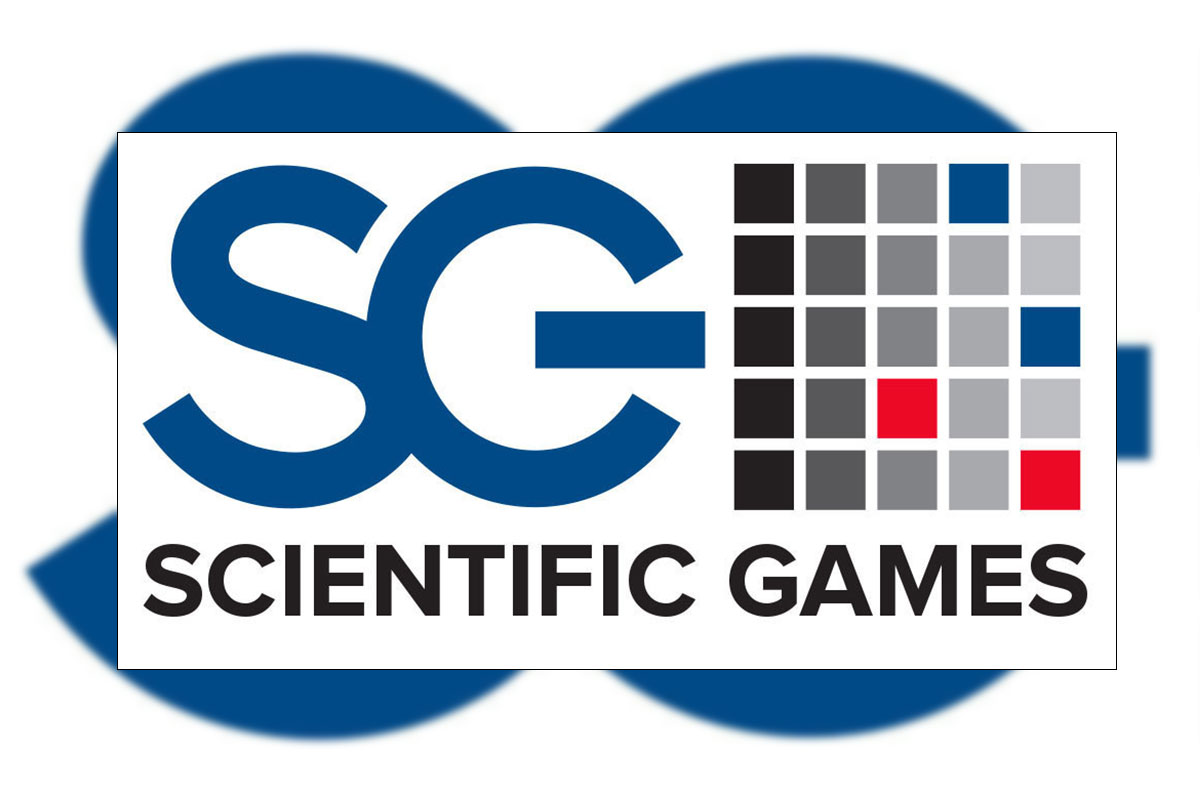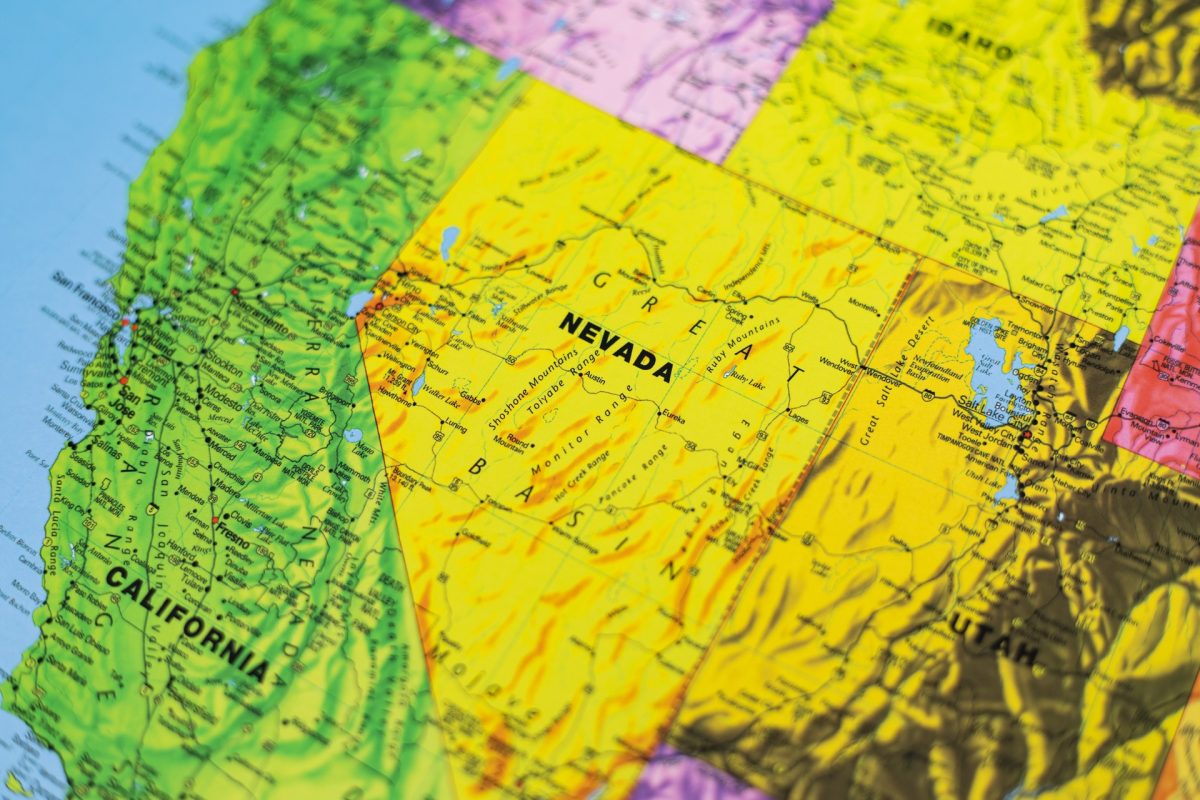
NGCB: Addendum 3 to April 21, 2020 Policy Memorandum
Procedures for Reopening after Temporary Closure Due to COVID-19
On April 21, 2020, the Nevada Gaming Control Board (“Board”) issued a Policy Memorandum related to Procedures for Reopening after Temporary Closure Due to COVID-19. The Board is providing the following additional information to licensees regarding reopening procedures.
1. Internal Audit Procedures: On May 29, 2020, the Board issued Addendum 1 to the April 21, 2020 Policy Memorandum. This addendum granted a waiver to allow certain internal audit procedures, required pursuant to Regulation 6.090(15), for calendar year 2020 to only be performed if a licensee operates an applicable gaming or entertainment area for three consecutive full months or more during 2020. The Board is extending this waiver to allow licensees with calendar business years to reduce the required procedures for table games and slots from a semi-annual requirement to an annual requirement for calendar year 2020. This reduction would include completion of the MICS Compliance – General Walk-through – All Procedures Checklist for both table games and slots.
2. Branch Office Visits: The Internal Audit Compliance Checklist – Branch Offices Walk-Through Procedures requires that “branch offices and/or independent agents that either took possession of more than $500,000 (cash or non-cash) in deposits or collected, in total, more than $500,000 (cash or non-cash) on credit instruments during the previous fiscal year, or more than $500,000 in the fiscal year to date are visited and compliance reviewed at least every other year. Branch offices not meeting the aforementioned $500,000 criteria are visited and compliance reviewed at least once every five years.” Any branch office and/or independent agents that are scheduled to be visited in 2020, based on the preceding criteria, may either be 1) “visited” through video conferencing and online document inspection, or 2) deferred until 2021.
3. In-House Progressive Payoffs: For progressive payoff schedules that were removed from the floor due to the Governor’s Declaration of Emergency – Directive 002 dated March 18, 2020, the time period to either put a progressive payoff schedule back on the casino floor or to distribute the entire incremental amount, pursuant to Regulation 5.110(5), is being extended to October 1, 2020.
4. Extended Business Closures: Pursuant to NGC Regulation 9.010(2), a licensee that ceases gaming “for a period exceeding 1 month” must either surrender their gaming license or obtain authorization from the Board to remain closed for “longer periods.” However, under current gaming regulations, any such authorization “will not permit closing for an entire calendar quarter.”
Generally, the Board will interpret Regulation 9 to contemplate closures that are within the control of the gaming licensee. Accordingly, the Board will not include periods of mandatory closure when determining the applicability of NGC Regulation 9.010(2). Therefore, the Board will calculate the “period exceeding 1 month” to commence June 4, 2020, the date that gaming licensees were permitted to reopen. Thus, a licensee that has not resumed gaming on or before July 6, 2020 must either surrender their license or request authorization from the Board to remain closed for a Addendum 2 to April 21, 2020 Policy Memorandum

